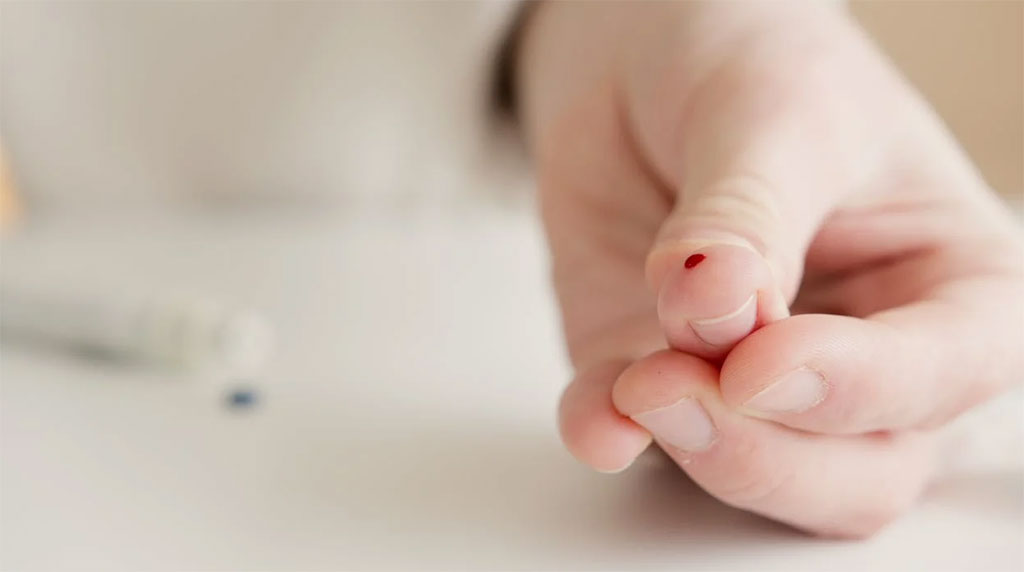Finger Stick Blood Test Detects Early Signs of Heart Attack Before it Occurs
Posted on 21 Jun 2022
Heart attacks and strokes are the world’s leading cause of death. Many are caused by blood clots that block the flow of blood to the heart, often in at-risk individuals without any physical warning. However, long before a heart attack or stroke occurs, tiny changes in the blood begin taking place. Often, blood flow is disturbed, leading to blood clotting and inflammation which can block blood vessels. Now, researchers are developing a biomedical micro-device to detect these subtle platelet changes before a heart attack or stroke takes place.
Using a pin-prick test, the micro-device developed by scientists at the University of Sydney (Sydney, Australia) would take a blood sample from a person’s finger. The sample would then be analyzed for platelet clotting and white cell inflammation responses, information that would be immediately processed by an external operating system. The scientists will undertake further engineering development for the microdevice, which is predicated on an integrated microfluidic chip. The team is also working to build highly sensitive computational fluid dynamics simulations to better understand the impact of mechanical forces that could lead to blood pooling and clots.

“How this device would work is that an at-risk person, for example, someone with heart disease, would use it daily. Using a finger prick test, the device would monitor their blood and alert them to any potentially dangerous changes. If a change was detected, they would need to present for more monitoring at a hospital," said Dr. Arnold Lining Ju, an award-winning biomedical engineer from the University of Sydney's Nano Institute and School of Biomedical Engineering.
Research assistant Laura Moldovan said that, historically, it has been difficult to predict when a heart attack or stroke might happen: “They appear to occur at random, sometimes without any physical symptoms, however in fact there are tiny physical changes that occur in the blood – the key to this device is being able to sensitively monitor these microscopic changes.”
Related Links:
University of Sydney













